National Assembly deputies proposed adding a regulation that all real estate transactions must go through banks to combat corruption and tax evasion.
This proposal was raised by National Assembly deputies when discussing a number of controversial issues in the draft Law on Real Estate Business (amended) on the morning of October 31.
Current regulations do not require real estate transactions to be paid through banks. This, according to delegates, leads to tax evasion, negativity, and corruption in transactions.
Mr. Nguyen Manh Cuong, Deputy Chairman of the Judiciary Committee, said that when amending the law this time, the State needs to introduce a policy requiring cashless payments for real estate transactions.
"It needs to be done through banks to ensure the goal of preventing corruption," he said.
Mr. Trinh Xuan An (Standing Member of the National Defense and Security Committee) also agrees with this regulation. That is, transactions of sale, transfer or lease between individuals but of a business nature must also be paid through the bank, not just transactions between enterprises, project investors and buyers.
Explaining later, Chairman of the Economic Committee Vu Hong Thanh said he would absorb the delegates' opinions and carefully review them to institutionalize major policies related to real estate, real estate business, as well as the rights and obligations of related parties and state management in this field.
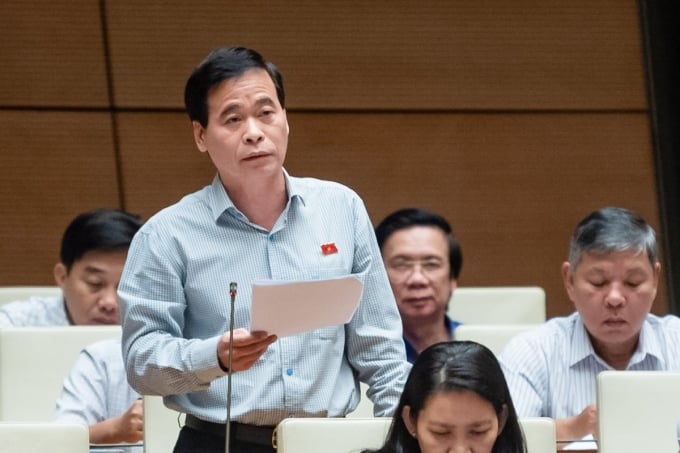
Mr. Nguyen Manh Cuong, Deputy Chairman of the Judiciary Committee, spoke at the discussion session of the draft Law on Real Estate Business (amended) on the morning of October 31. Photo: National Assembly Media
Regarding payment in the sale and lease of future housing, the draft law proposes two options. Option 1 , the seller can only collect a maximum of 95% of the value of the sales contract if the buyer or lessee has not been granted a Certificate of land use rights, house ownership and other assets attached to the land. The remaining 5% of the value will be paid when the certificates are granted to the buyer by the competent authority.
Option 2 , the seller can only collect a maximum of 95% of the value of the sales contract if the buyer or hire-purchaser has not been granted a Certificate of land use rights, house ownership and other assets attached to the land. The remaining 5% of the contract value is transferred by the customer to the investor's account opened at the bank for management and the investor cannot use this amount. The costs and profits arising related to this amount are agreed upon by the investor and the bank.
The investor may only use this amount together with profits (if any) when the competent state agency issues a Certificate of land use rights, house ownership rights and other assets attached to the land to the buyer or lessee.
Commenting, Ms. Nguyen Viet Nga (Deputy Head of the Hai Duong Province delegation) said that choosing option 1, because the buyer is allowed to retain 5% of the contract value so that the seller is responsible for completing the paperwork is appropriate, increasing the responsibility of real estate businesses.
She said, in reality, in a transaction where the buyer has paid up to 95% of the contract, most of them want to complete the procedures to end the contract. The fact that the seller has not paid the remaining 5% of the value will not affect the business development as much as the buyer being late and not receiving the Certificate of land use rights, house ownership rights and assets attached to the land.
Raising a debate board, Vice Chairman of the Nationalities Council Nguyen Lam Thanh said both options had unreasonable points, but he leaned towards option 2. In addition, Mr. Thanh proposed adding content prohibiting the collection of fees, charges and other charges related to real estate business.
Ms. Huynh Thi Phuc (Deputy Head of the delegation of Ba Ria - Vung Tau province) proposed to add a ban on collecting money and deposits contrary to the provisions of this law and related laws to ensure strictness. She also wants to add a regulation that real estate project investors are not allowed to authorize other organizations or individuals to sign contracts for buying, selling, transferring, or leasing houses.
Regarding whether real estate transactions should be conducted through the floor or not , in today's discussion, Mr. Hoang Van Cuong, Vice President of the National Economics University, said that sales contracts should not only be required to be notarized but can be conducted through the floor. He also proposed that if there is a transaction confirmation paper through the floor, it does not need to be notarized, which means giving the floor the right function of advising customers and providing market information to the state.
He argued that the real estate trading floor is one of the three elements that make up the real estate market. If the floor is not professional, the market will be distorted, so it is necessary to adjust the regulations in the law to bring real estate brokers back to their proper functions of brokerage and consulting instead of both buying and selling, "throwing and catching, causing market disturbance" as before.
"The new law must have stricter regulations, the floor is only allowed to perform the function of an intermediary and must be responsible for the information provided to customers and state agencies," Mr. Cuong stated and proposed that the floor should not participate in buying and selling but only receive transaction confirmation fees, equivalent to notary fees; brokerage fees are agreed upon by both parties.
Arguing with Mr. Cuong, Mr. Nguyen Van Than (Chairman of the Association of Small and Medium Enterprises), said that the role of a notary as a third party is necessary, so he suggested that the confirmation of the sale be done only through notary. "You cannot think in such a theoretical way, there are many ways to buy and sell through price. In the past, when a high-rise building was announced for sale, the next day it was sold out. But when it was put on the market, it was immediately available and the price was one and a half or double," he said.
Therefore, he proposed to keep the regulations in the draft, real estate transactions are free, not required to go through the floor. If the transaction is good, customers will go through the floor, otherwise they will not participate.
The National Assembly is expected to vote to pass the draft Law on Real Estate Business (amended) on November 27.
Source link











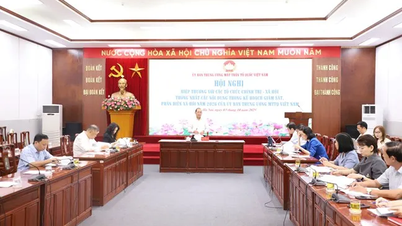







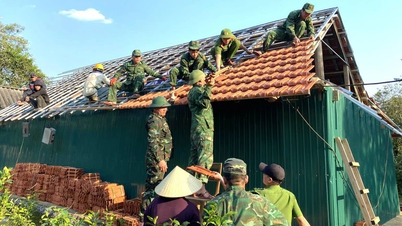




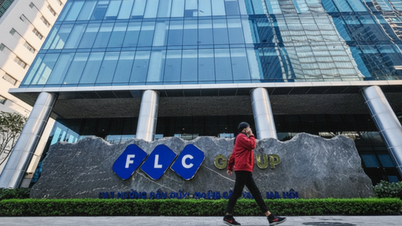



























































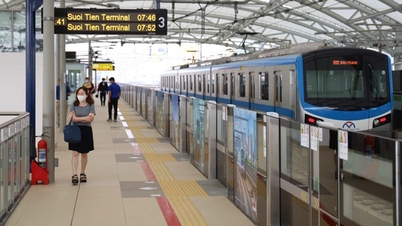























Comment (0)